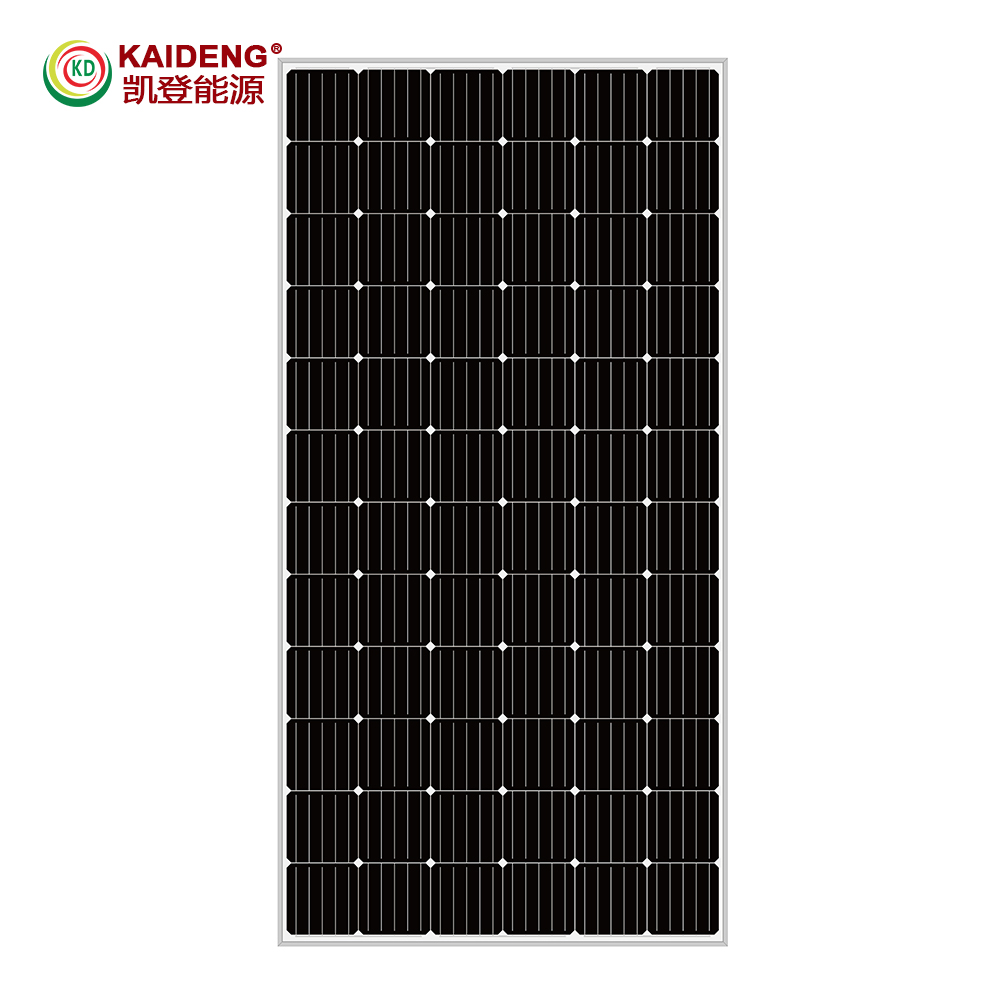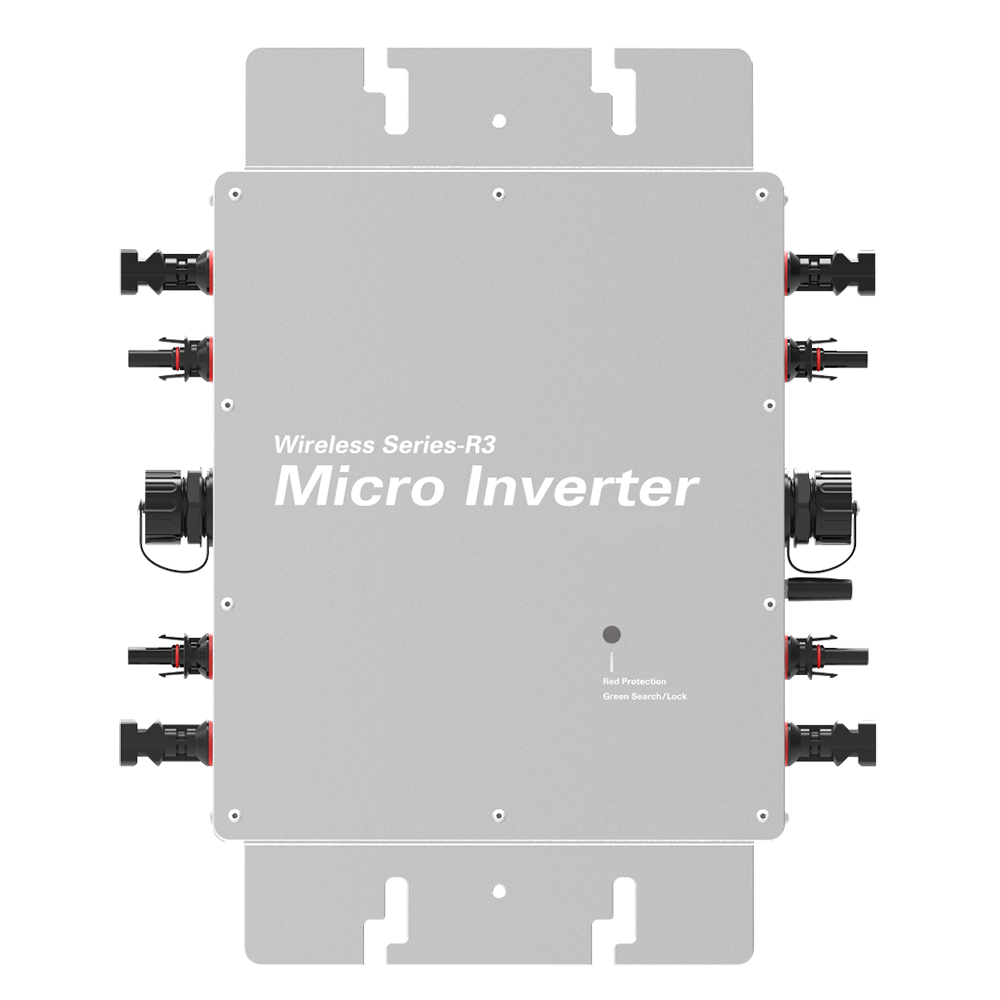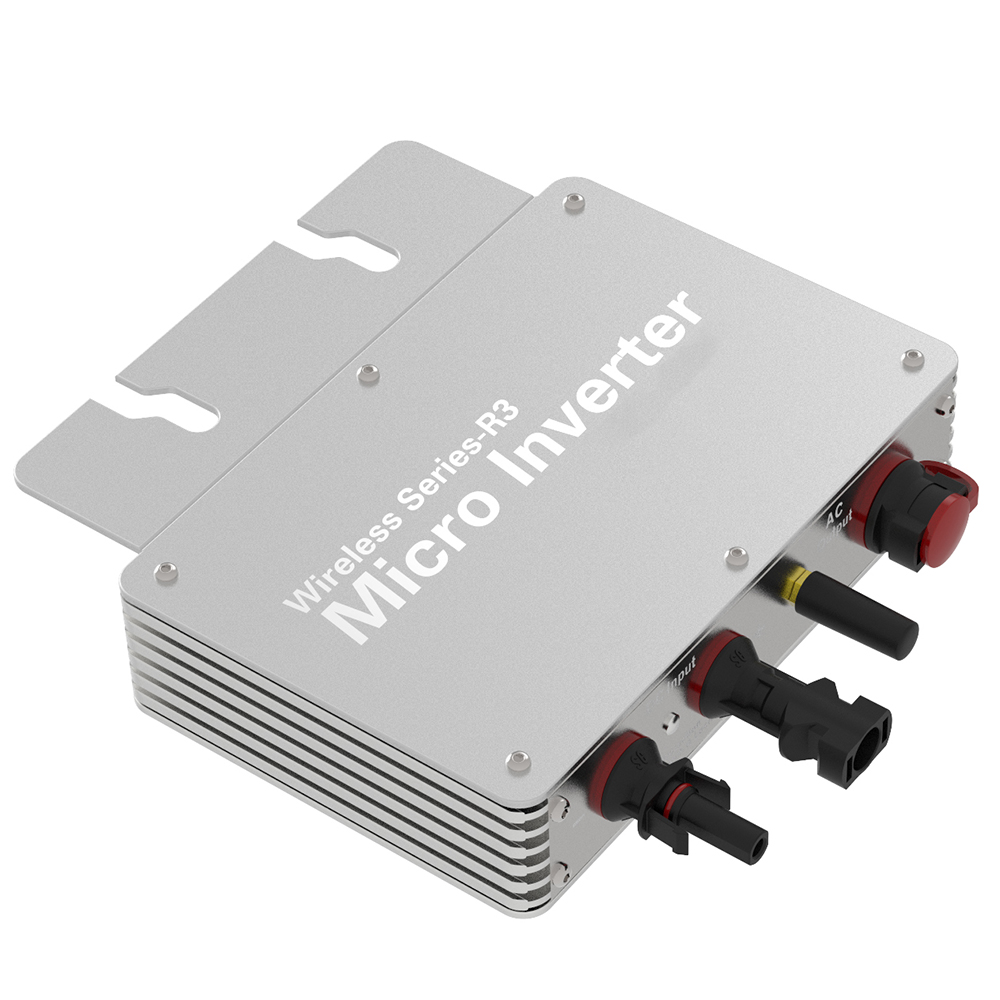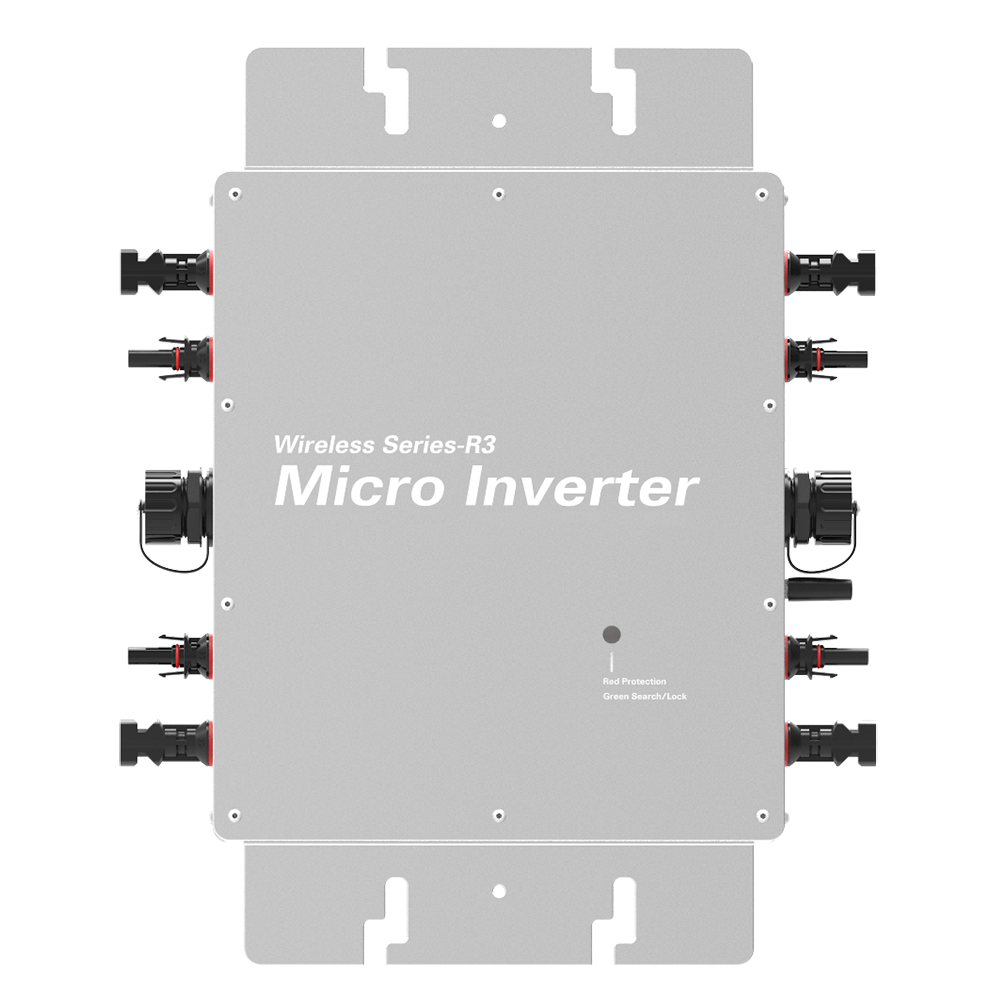Solar panels are devices that use materials such as polycrystalline silicon to convert solar energy into electrical energy. Polycrystalline silicon is one of the main materials for solar panels, with efficient photoelectric conversion performance, and is widely used in solar power generation systems. The main functions of polycrystalline silicon in solar panels are as follows:
1. Photoelectric conversion: As the main material of solar cells, polycrystalline silicon solar panels have excellent photoelectric conversion performance, which can efficiently convert solar energy into electricity. When sunlight shines on solar panels, polycrystalline silicon absorbs photons, excites electron transitions, and forms current under the action of an electric field, achieving the generation of electrical energy.
2. Power generation function: The solar panel's polycrystalline silicon converts sunlight into direct current electricity through photoelectric conversion. This type of electrical energy can be directly supplied to households, commercial buildings, or industrial facilities, or stored for future use.
3. Environmental protection and energy conservation: During the process of solar panel polycrystalline silicon power generation, it does not produce greenhouse gases such as carbon dioxide and harmful substances, making it very environmentally friendly. The use of solar power generation can reduce reliance on traditional energy, reduce energy consumption and emissions, and is beneficial for environmental protection.
4. Economic benefits: Polycrystalline silicon solar panels can be widely installed on rooftops, open spaces, and other places, utilizing solar energy resources to generate electricity. By selling electricity to the grid or generating electricity for personal use, it is possible to save electricity expenses and even generate considerable electricity generation income, which has good economic benefits.
5. Renewable energy: Solar energy is an inexhaustible and renewable energy source. Polycrystalline silicon solar panels can fully utilize the sunlight's energy without causing resource depletion or environmental damage, making them a sustainable and clean energy source.
Overall, polycrystalline silicon solar panels play a crucial role in solar power generation systems, converting solar energy into electricity through photoelectric conversion, achieving multiple functions such as environmental protection, energy conservation, economic benefits, and renewable energy utilization. They have important application prospects and social significance.


 EN
EN DE
DE FR
FR PT
PT ES
ES AR
AR IT
IT PL
PL TR
TR NL
NL JP
JP EL
EL HU
HU PO
PO HL
HL RU
RU TL
TL SH
SH SV
SV ID
ID CN
CN

